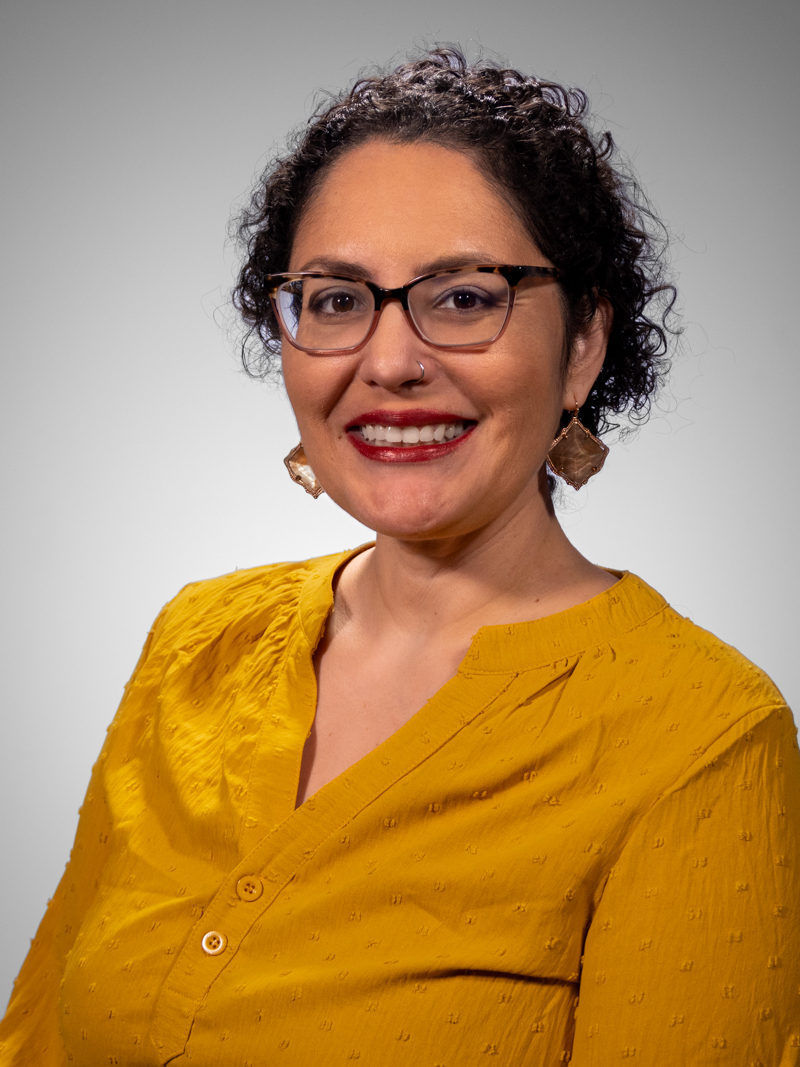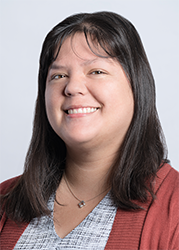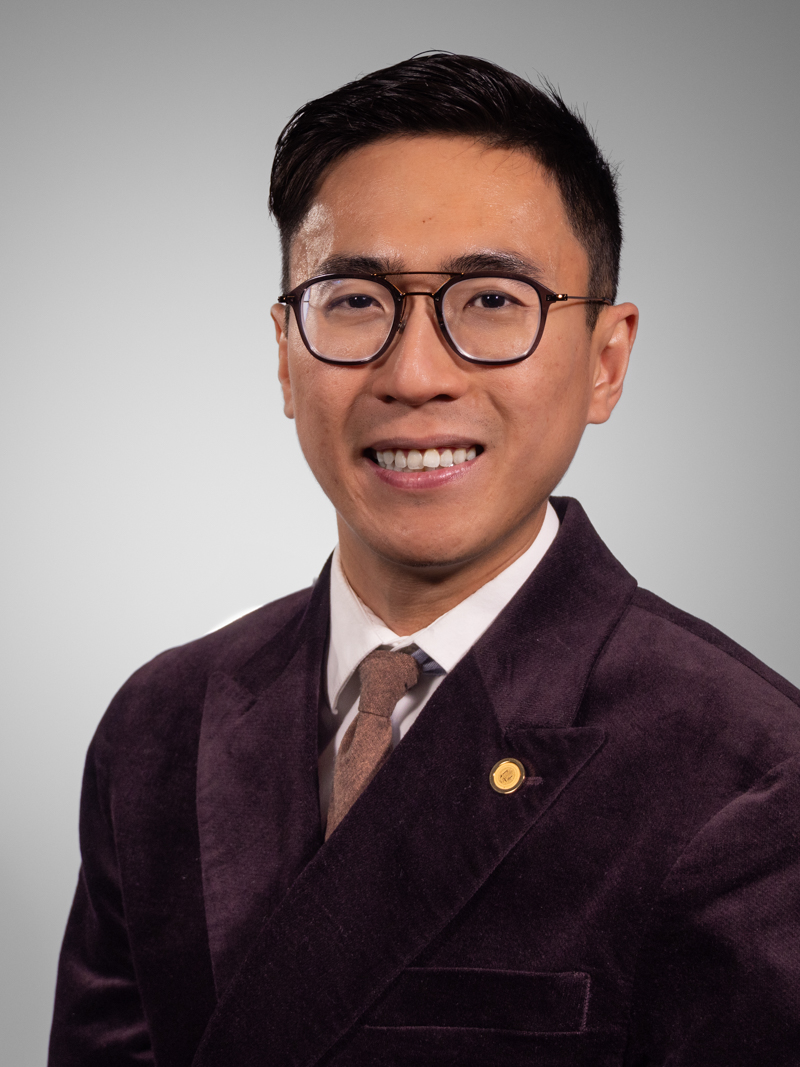Ph.D. in Counseling Psychology
Our Ph.D. in Counseling Psychology is designed to give candidates a thorough and comprehensive knowledge of their professional field and training in methods of research.
This degree is awarded based on a candidate’s grasp of the subject matter of a broad field of study and a demonstrated ability to do independent research. In addition, candidates must have acquired the ability to express thoughts clearly and forcefully in both oral and written languages.
This degree is not granted solely for the completion of coursework, residence and technical requirements, although these must be met.
- For a student who has completed a master’s degree, a DDS/DMD, DVM or MD at a U.S. institution, a minimum of 64 hours is required on the degree plan for the degree of Doctor of Philosophy.
- For a student who has completed a baccalaureate degree but not a master’s degree or a U.S. DDS/DMD, DVM or MD, a minimum of 96 hours is required on the degree plan for the degree of Doctor of Philosophy.
Training Mission
The Texas A&M Counseling Psychology doctoral program has been accredited by the American Psychological Association since 1981 and is grounded in the scientist-practitioner model.
We train ethical and clinically competent counseling psychologists, commensurate with current expectations from the American Psychological Association Commission on Accreditation for health service psychology.
This mission is realized with a curriculum that provides sequential and cumulative training in the classroom, the clinic and in field experiences that facilitate professional development, appropriately graded in complexity to balance support and expectations for students. We embrace the traditional values associated with counseling psychology with its emphasis on the use of theoretically-based, empirically-informed services to enhance the health and well-being of individuals and communities.
Our program is explicitly attentive to multiculturalism, community engagement and interdisciplinary collaboration. The stated mission, themes and training sequence of the program is consonant with the strategic plan of Texas A&M University, reflecting its core values and mission to attain excellent in academic, research, service and teaching activities.
Where are our Graduates?
A recent evaluation of program graduates from the academic year 2008-2009 to 2017-2018 finds our graduates are currently in the following work settings:
Student Admissions, Outcomes, and Other Data
Program information is provided in compliance with C-20 Disclosure of Education/Training Outcomes and Information Allowing for Informed Decision-Making to Prospective Doctoral Students. Domain G of the Guidelines and Principles for Accreditation of Programs in Professional Psychology (G&P) requires that doctoral graduate programs provide potential students, current students, and the public with accurate information on the program and with program expectations.
Admissions Deadlines
- Applications are currently open and will close on December 1st for fall 2025 admissions.
- To be admitted into the Counseling Psychology program, students must follow all graduate admission requirements.
- Prior to registration each semester, students are required to meet with their advisor (temporary or permanent). The registration advising form should be completed and given to the advisor each semester.
The CPSY program allows up to 3 courses maximum (9 credit hours) from other institutions. Courses are restricted to the following:
- Group Counseling
- Lifespan Development
- Counseling Techniques (limited to post-masters students who have had a practicum; information on practicum/internship sites and supervisor(s) evaluations required).
Course waiver requests are reviewed only for students accepted into the program. Submission of a course waiver request does not guarantee course(s) will be waived. Evaluation is based on determination of course equivalence and APA accreditation requirements.
Recommended GRE/GPA Scores
Recommended GRE/GPA Scores
- Combined Quantitative and Verbal score = 1000 (old scoring system)
- Undergraduate and/or graduate GPA indicative of academic ability required for a rigorous doctoral program.
Submission Criteria
Submission Criteria
- Relevance of previous education and work experience.
- Professional activities, memberships.
- Scholarly activities.
- Recommendation letters.
- Relevant experience and skills (e.g., bilingual status, experiences working with people with disabilities, with under-served groups).
- Essay conveying career interests, goals, skills.
Admission Interviews
Admission Interviews
- Application reviews begin in December. CPSY faculty and a student representative evaluate each application. Qualified applicants are identified and invitations are extended for an on-site interview conducted at the beginning of the Spring semester.
- Arrangements can be made for Zoom and/or telephone interviews for those unable to attend.
- Interviews provide information about the program, the department, CEHD and the university, as well as opportunities to interact with program faculty and students. On-site interviews also provide qualified applicants the opportunity to see unique program resources such as the Counseling and Assessment Clinic and the Texas A&M Telebehavioral Care.
Post-Interview Process
Following the on-site interview, program faculty and the student representative determine which applicants will receive formal invitations to enter the program in the upcoming fall semester. Admitted students must notify us in writing by April 15 of their intent to accept our offer. Admitted students are assigned a temporary advisor and ongoing correspondence with the Academic Advising office commences.
Accreditation
Inquiries about the accreditation status of the Counseling Psychology Program can be obtained from the American Psychological Association’s Commission on Accreditation (CoA). The CoA can be reached at:
American Psychological Association
Office of Program Consultation & Accreditation
750 First Street NE
Washington, DC 20002-4242
Phone: (202) 336-5979
Email:apaaccred@apa.org
Accreditation Status: Accredited by the American Psychological Association.
Program Details
- Students who complete the program obtain a Ph.D. in Counseling Psychology.
- Students entering the program with the baccalaureate degree may apply to receive the M.Ed. (non-thesis option) after completing the first 36 graduate credit hours required by the program.
- The doctoral degree plan includes a minimum of an additional 64 credits for all students, including the year-long internship. The program provides students with the training and education required by the states for eventual licensure as a psychologist.
- If you are seeking licensure verification of degree program through PsyPro, please indicate Dr. Kelly Lee (kellylee@tamu.edu) as the head of the degree program, as she is the current training director. Additionally, please send Dr. Lee an email so she can follow up with your request and gather additional information from you.
Degree: Ph.D. in Counseling Psychology
Degrees Offered: Doctor of Philosophy (Ph.D.)
Credit Hours: minimum 75 hours
Select College of Education and update credit hours.
Professional Licensure and Certification Disclosure Statements
Notice to students pursuing programs that may lead to a professional license or certification required for employment.
The following programs may lead to a professional license or certification that is required for employment. Professional licensure/certification requirements vary from state to state, which may affect a student’s ability to apply for a professional license/certification upon the completion of the program. The U.S. Department of Education regulation, 34 CFR 668.43 (a) (5) (v), requires an institution to disclose whether the program will fulfill educational requirements for licensure or certification for each state. The administrative departments that offer the programs have made the following determination regarding their curriculum.
| Program | Meets | Does not meet | A determination has not been made |
| Doctoral degree in Counseling Psychology | AL, AK, AZ, AR, CO, CT, DC, DE, FL, GA, HI, ID, IL, IN, IA, KS, KY, LA, ME, MD, MA, MN, MS, MO, MT, NE, NV, NH, NM, NY, NC, OH, OK, OR, PA, RI, SC, SD, TN, TX, UT, VT, VA, WA, WI, WV, WY | CA, MI, NJ, ND | PR, VI, AS, CNMI, GU, MH, FM, PW |
We recommend students contact the appropriate state licensing agency in their state or the state where they intend to work to seek the most up-to-date information about state licensure/certification requirements before beginning the program.
It is important to emphasize that the State Boards of Psychology typically require additional training requirements and examinations for licensure. For a fuller summary of the requirements for licensure in each state, please visit the Association of State and Provincial Psychology Board.
Program Assessments
Annual Evaluation
At the end of each Spring semester, program faculty evaluate each student to determine their timely progression through the program, as well as their progress in academic performance, clinical skills, and professional behavior. Faculty determine each student’s minimal level of achievement on each of the competencies expected of entry-level psychologists, as specified by the Commission on Accreditation.
Practicum Evaluation
Field supervisors evaluate a student’s performance during their field practicum on a form developed and used by the program faculty.
Advisors

Faculty








Frequently Asked Questions
Doctoral
List of Bachelor Degree Equivalencies
Please view a brief List of Bachelor Degree Equivalencies by Country. If you do not find your country listed and are unsure of your degree equivalency, please contact the Office of Admissions at admissions@tamu.edu.
Statement of Purpose Essay
All applicants must complete the Essay, Statement of Purpose and explain the following:
-
- Why you applied to this program
- Academic background and training
- Potential for graduate study
- Research experience
- Other relevant professional experiences
-
I want/need a Graduate Assistantship/Fellowship – how do I apply?
Please note that we cannot guarantee any financial assistance to any student. We will contact all admitted students about the process for applying for all available assistantships. This is a separate process from applying for admission. The department and programs will choose students to be nominated for Graduate Diversity or Graduate Merit fellowships. These fellowships are only open to U.S. citizens. Please do not ask to be nominated for one of these fellowships as the program will determine which students are competitive for these awards.
How do I submit my letters of Recommendation?
The GraduateCAS online application includes a Recommendations section where you must add your recommenders’ information. Once you have saved the recommendation requests, GraduateCAS will contact each recommender via email to request the completion of the recommendation form and letter of recommendation. We require three letters of recommendations and they must be submitted directly by recommenders through the electronic system.
Is there an admissions cycle for Spring semester?
No. For our Ph.D. programs we only have admissions in fall semesters.
What are the typical program costs?
Check out the cost of attendance estimator.
Please note, you must update the program hours.
For a better understanding of your total cost of attendance (COA), please visit our cost and tuition rates webpage (https://aggie.tamu.edu/billing-and-payments/cost-and-tuition-rates). This webpage will provide you with an opportunity to review estimated COA information for undergraduate, graduate and professional students, as well as other resources such as the tuition calculator and billing and fee explanations.
Can you guide me through the application process?
How to Apply: Master’s Application Information | Doctoral Application Information
I live out of state. Do you accept out-of-state applicants?
Yes, we accept in-state and out-of-state applicants.
Is there any opportunity for financial assistance?
Yes, there are opportunities for financial assistance through the following departments: Office of Graduate Studies Financial Aid
Request Information
Tuition & Fees
For a better understanding of your total cost of attendance (COA), please visit our cost and tuition rates webpage (https://aggie.tamu.edu/billing-and-payments/cost-and-
tuition-rates). This webpage will provide you with an opportunity to review estimated COA information for undergraduate, graduate and professional students, as well as other resources such as the tuition calculator and billing and fee explanations.






